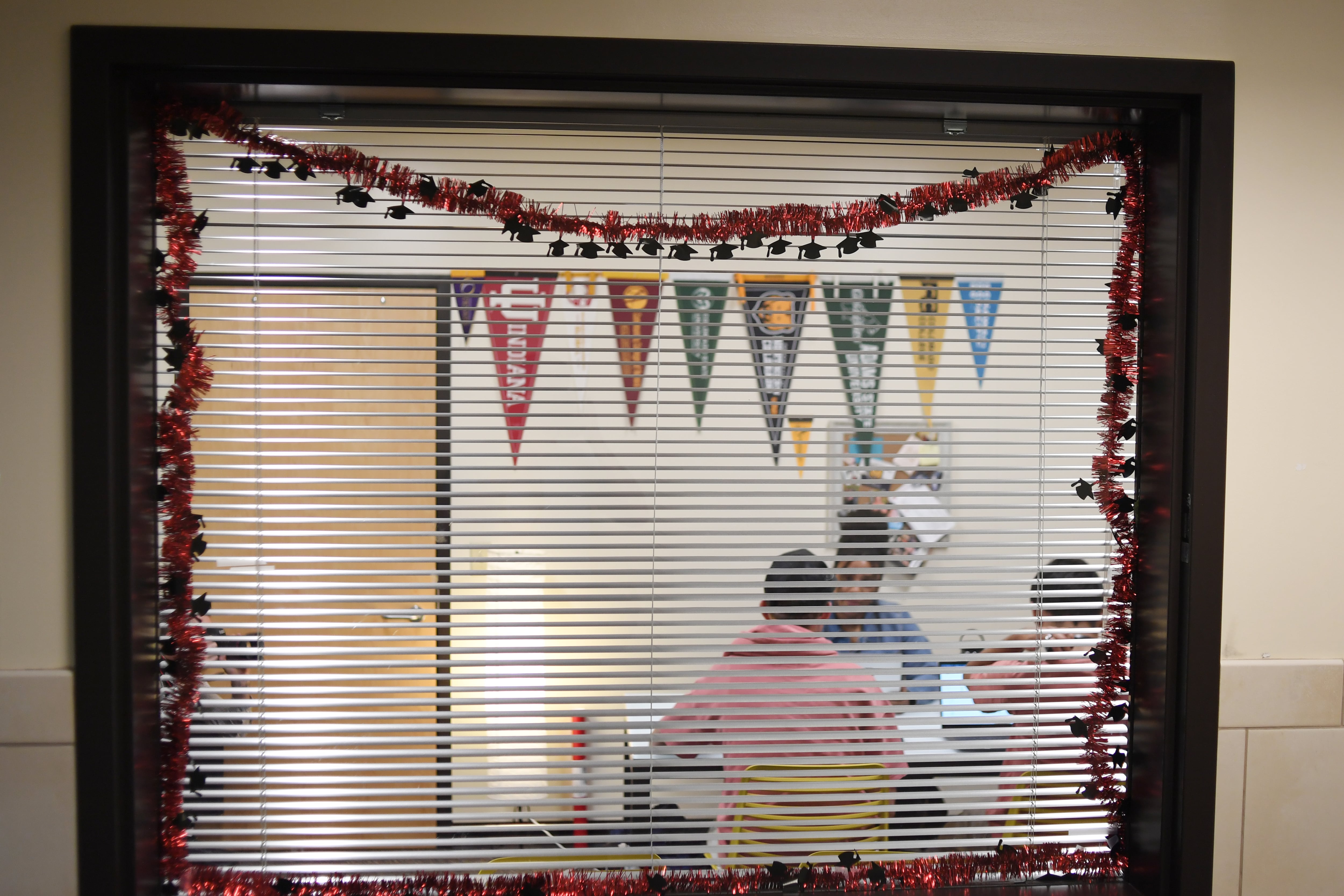The number of Colorado high school students completing federal financial aid forms increased for the first time since the start of the pandemic.
That’s the good news.
The bad news is that even Colorado’s improving rate falls well below the national average.
Overall, Colorado’s Federal Application for Financial Aid completion rate increased by 2.2 percentage points for the Class of 2022 over last year, bringing the number of students completing the form to 42.2%. In 2020, at the start of the pandemic, 48.9% of Colorado students completed the FAFSA.
Nationally, FAFSA rates increased 4.5 percentage points over last year to 52.9%. About 54% of students completed the form in the 2019-20 school year.
Colorado ranks 44th in the nation for the 2022 school year in getting high school students to finish the FAFSA.
Completing the form signals a student has plans to go to college. And it especially helps low-income students pay for their education by making available grants and scholarships.
“It’s encouraging after two down years to have FAFSA completions get back to approaching pre-pandemic levels,” said Bill DeBaun, National College Attainment Network (NCAN) data and strategic initiatives director. “The financial aid that is unlocked by the FAFSA is what makes college possible for many students. And so that’s positive news and we haven’t had too much of it in recent years.”
NCAN tracks FAFSA completion rates and also advocates for closing equity gaps in higher education.
Most of the gains made nationwide came from Texas and Alabama, according to NCAN data. The two states began requiring students to finish the form to graduate, in addition to Illinois and Louisiana. Those states are among the highest in getting students to complete the FAFSA.
This year, Colorado lawmakers passed legislation that sought to boost the state’s rates. State officials estimate $30 million in financial aid is left unclaimed each year because students don’t fill out the FAFSA.
Under the new Colorado law, the state will create a directory of resources for educators to share, boost training, and require schools to notify students about financial aid opportunities. The legislation follows recommendations laid out by 20 state experts. The recommendations call for the state to eventually require FAFSA completion for high school students to graduate and double the FAFSA completion rate to 80%.
But regionally, other western states also fall below the rest of the country. And states like Arizona and Idaho have also taken steps to help students and come up short.
It’s unclear why western states are falling behind, DeBaun said, but he wants to study the issue more deeply.
“There’s something there, and I really want to dig into it and try to tease it out because it’s confusing to me,” he said.
Jason Gonzales is a reporter covering higher education and the Colorado legislature. Chalkbeat Colorado partners with Open Campus on higher education coverage. Contact Jason at jgonzales@chalkbeat.org.







